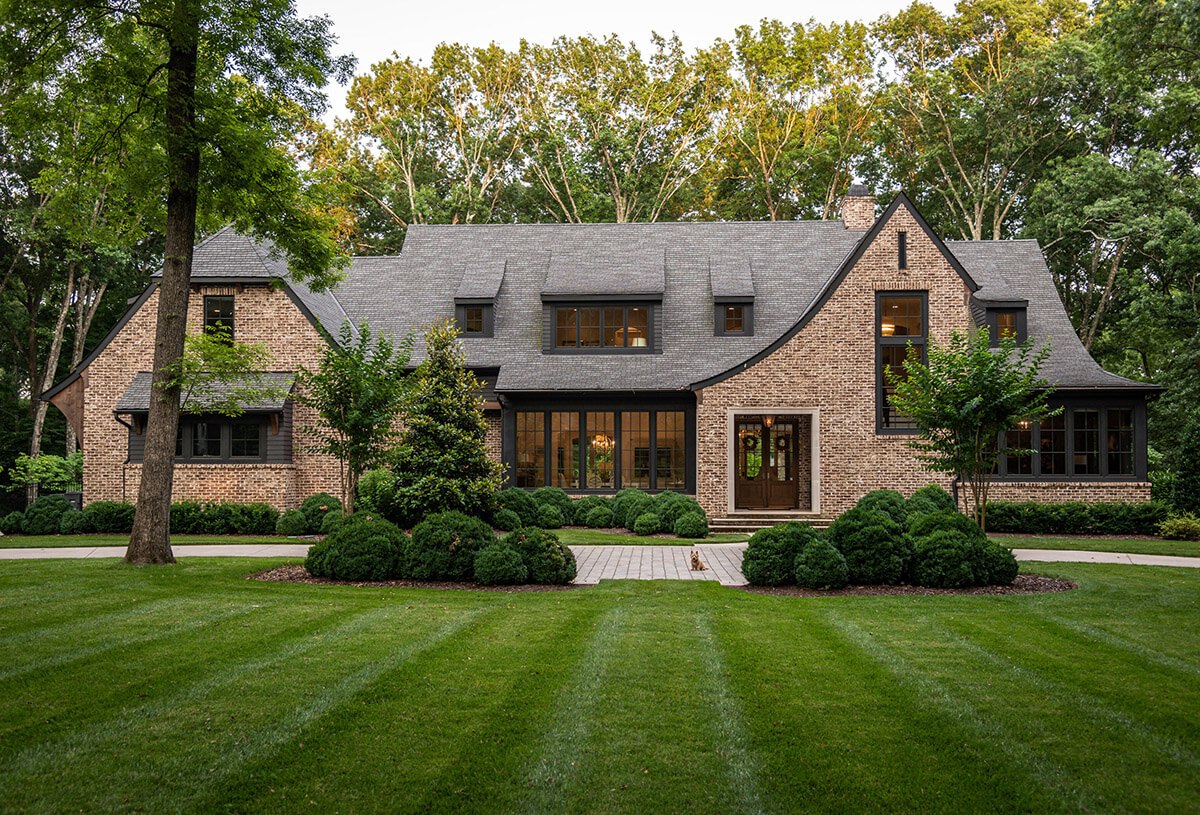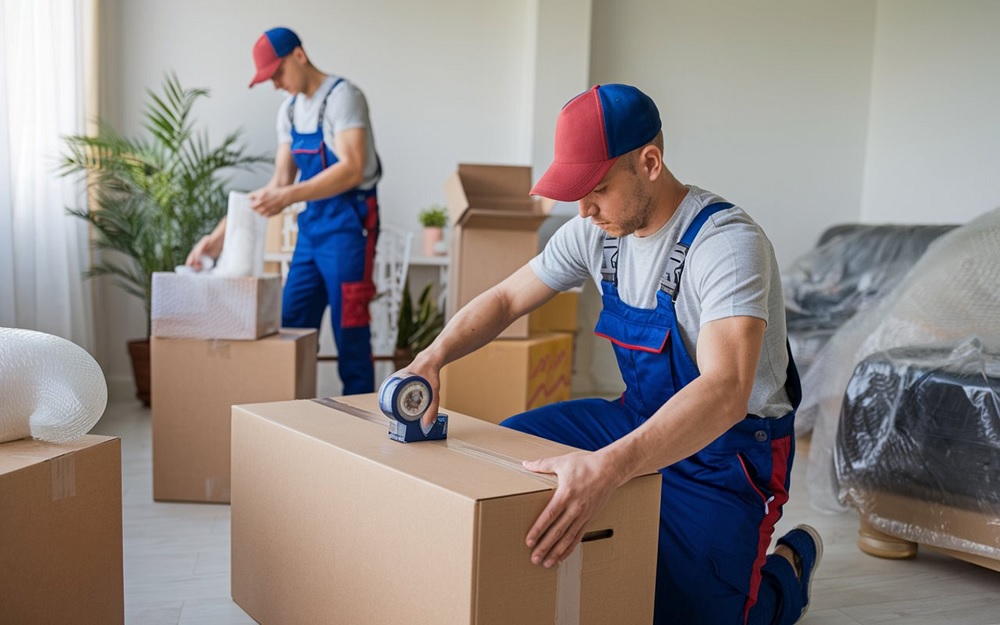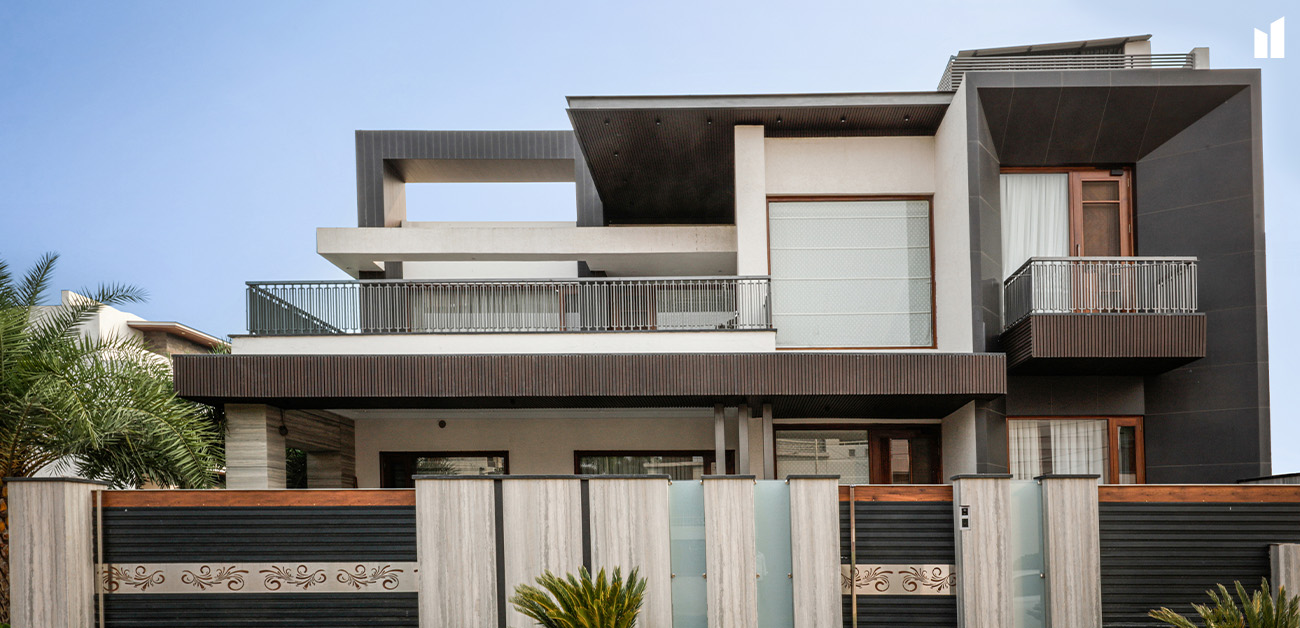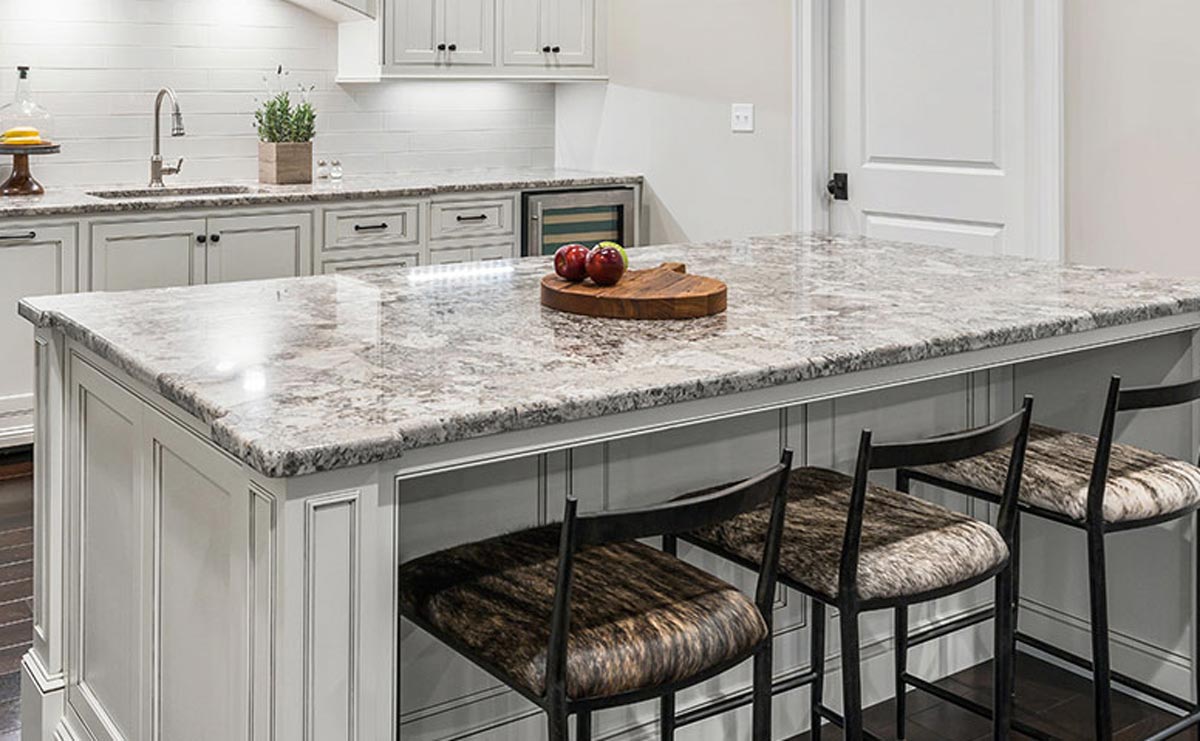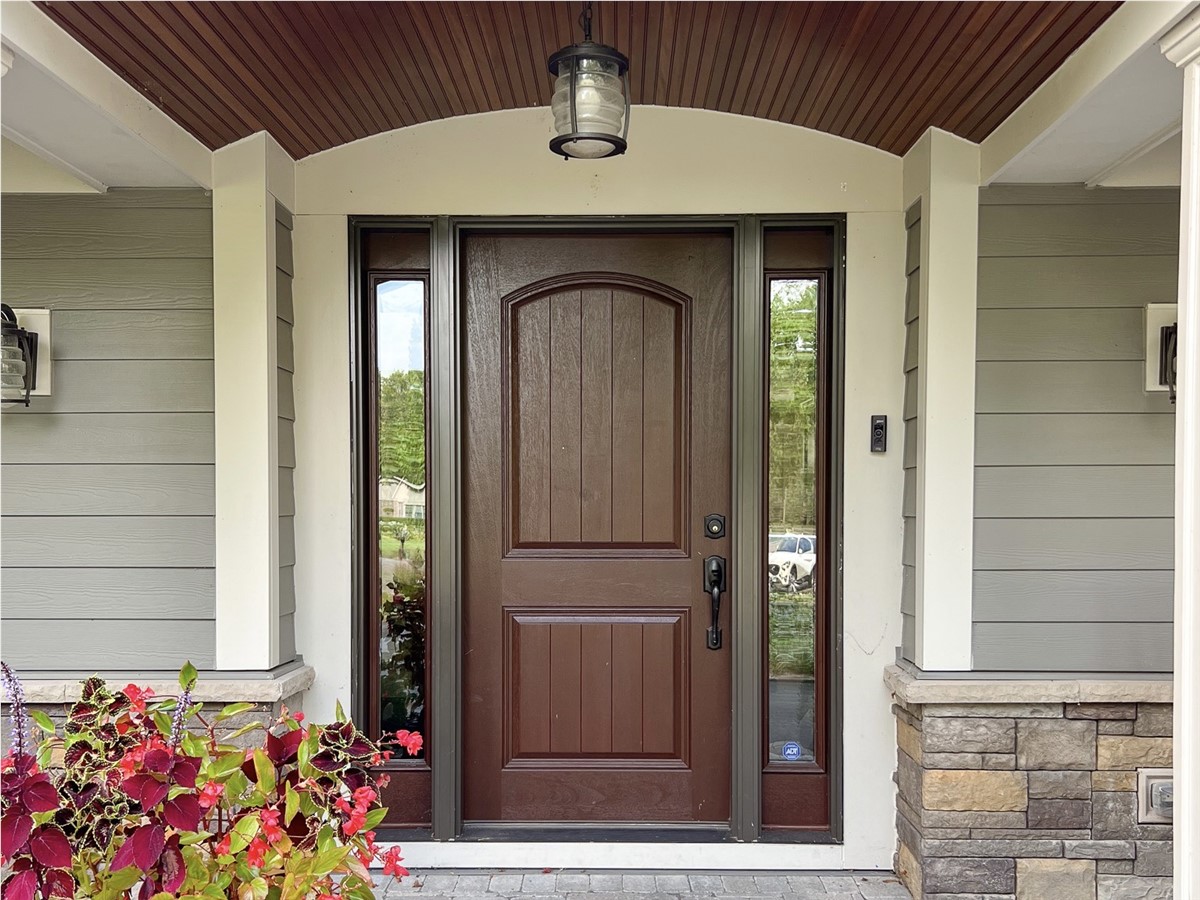Building a custom home is an exciting and rewarding process, but it involves navigating a complex array of regulations and requirements. Among the most critical aspects of the process are permits and zoning laws. These legal frameworks are in place to ensure that construction projects meet safety standards, align with local urban planning goals, and respect the character of the surrounding community. Understanding custom home permits and zoning laws is essential to avoid delays, extra costs, or legal complications during the building process.
In this article, we will break down what you need to know about permits and zoning laws to help guide your custom home construction project from concept to completion.
1. What Are Permits and Why Are They Necessary?
Permits are official approvals issued by local government agencies that grant you permission to begin construction, make alterations, or complete specific activities on your property. These permits ensure that the work complies with local building codes, safety standards, and other regulations.
For a custom home, several types of permits may be required, depending on the scope of your project. Common permits for residential construction include:
- Building Permits: Required for the actual construction of the home, these permits ensure that your design meets safety, structural, and zoning standards.
- Plumbing Permits: Necessary for installing water supply and drainage systems. These permits ensure that plumbing work complies with local codes.
- Electrical Permits: These are needed if you plan to install or modify the electrical system in your custom home, ensuring compliance with electrical safety standards.
- Mechanical Permits: If you’re adding heating, ventilation, or air conditioning (HVAC) systems, this permit ensures that the systems are designed and installed according to regulations.
Each permit plays a crucial role in ensuring that the construction process is safe, functional, and legally compliant. Failing to obtain the required permits can result in fines, forced removal of unapproved work, or delays in your project.
2. Zoning Laws: What They Are and How They Affect Your Custom Home
Zoning laws are regulations established by local governments that govern land use, building size, and the type of structures that can be built in specific areas. These laws are designed to ensure that different types of buildings are constructed in areas where they are most appropriate. Zoning laws can influence a wide range of factors, including:
- Property Use: Zoning laws specify whether a piece of land is designated for residential, commercial, industrial, or mixed-use purposes. If you are building a custom home, your property must be within an area zoned for residential use.
- Building Height and Size: Zoning laws often impose restrictions on the height, width, and total square footage of buildings. These regulations ensure that new structures fit within the surrounding neighborhood and do not overpower or crowd neighboring properties.
- Setbacks: Setbacks refer to the minimum distance required between your building and the property lines. Zoning laws may dictate setbacks to maintain privacy, prevent overcrowding, and allow for adequate airflow and light between homes.
- Lot Coverage: Zoning laws also regulate the percentage of your property that can be covered by structures. For instance, you may be limited in the amount of space you can use for your home or any additional buildings, such as garages or sheds.
- Parking Requirements: Some zoning laws mandate a minimum number of parking spaces for residential properties, ensuring that the construction of a home doesn’t lead to congestion or insufficient parking in the area.
Before beginning construction, it’s essential to check the zoning designation of your land to understand the specific regulations that apply to your project. Your local zoning office can provide this information, as well as help you determine whether your proposed home design complies with these rules.
3. How Zoning Laws and Permits Interact
Zoning laws and permits are interrelated and work together to guide the construction of your custom home. While zoning laws outline what can and cannot be done on your property, permits are the formal authorizations you need to proceed with construction once you’ve ensured compliance with zoning regulations. The process typically involves several stages:
- Pre-Application and Design: Before applying for permits, it’s wise to consult with a zoning office or a land-use attorney to ensure your custom home design aligns with zoning regulations. If your design doesn’t comply, you may need to modify it before moving forward.
- Permit Application: Once your design complies with zoning laws, you can submit your permit applications. This process may involve providing detailed construction plans, architectural drawings, and proof of compliance with local building codes.
- Inspections and Approvals: As construction progresses, various inspections may be required to ensure that the work meets all applicable codes. If your project is in line with the approved permits and zoning regulations, you will receive approval to proceed to the next phase of construction.
Understanding how zoning laws and permits interact ensures that you don’t overlook critical steps that could delay or disrupt your project.
4. Common Challenges with Permits and Zoning Laws
Navigating the complex world of zoning laws and permits can present several challenges, and being aware of these hurdles can help you avoid potential issues:
- Non-Compliant Zoning: If your property is not zoned for residential construction, you may need to request a zoning variance or rezone the land. This process can be time-consuming and may require approval from local governing bodies or public hearings.
- Permit Delays: Permitting processes can be slow, especially in areas with high demand for new construction. It’s essential to factor in enough time for permit approvals and possible revisions to your plans.
- Unexpected Costs: Failing to obtain the proper permits or zoning approvals can lead to fines, construction stoppages, or additional expenses. It’s important to factor in these costs when planning your custom home project.
- Neighborhood Restrictions: Some neighborhoods have additional restrictions, such as homeowner association (HOA) rules or historic district guidelines, which can further limit your construction plans.
Working closely with local authorities and professionals such as architects and builders can help you navigate these potential pitfalls smoothly.
5. How to Ensure Compliance with Permits and Zoning Laws
The key to a smooth and successful custom home build is to stay informed and organized. Here are some best practices to ensure compliance with permits and zoning laws:
- Research Local Zoning Laws: Before purchasing land, investigate the zoning regulations in the area. Understanding the allowable uses, setbacks, and building size limitations is essential in shaping your plans.
- Consult with Professionals: Working with experienced architects, builders, and legal advisors who are familiar with local zoning and permitting processes can help ensure your design is compliant from the start.
- Obtain All Necessary Permits: Make sure to apply for and obtain all required permits before starting any construction work. This step ensures you avoid fines or forced changes to your project.
- Stay on Top of Inspections: Regular inspections during the construction process help confirm that your work aligns with the approved permits. Any issues should be addressed promptly to avoid delays.
By taking these proactive steps, you can ensure that your custom home project progresses smoothly and remains in full compliance with the law.
Final Thoughts
Understanding custom home permits and zoning laws is critical for ensuring that your construction project adheres to legal requirements and community standards. These regulations help protect both the safety and integrity of your home and the surrounding area. By familiarizing yourself with zoning requirements, obtaining necessary permits, and working closely with professionals, you can avoid complications and build a home that meets your needs while respecting local laws and guidelines.

